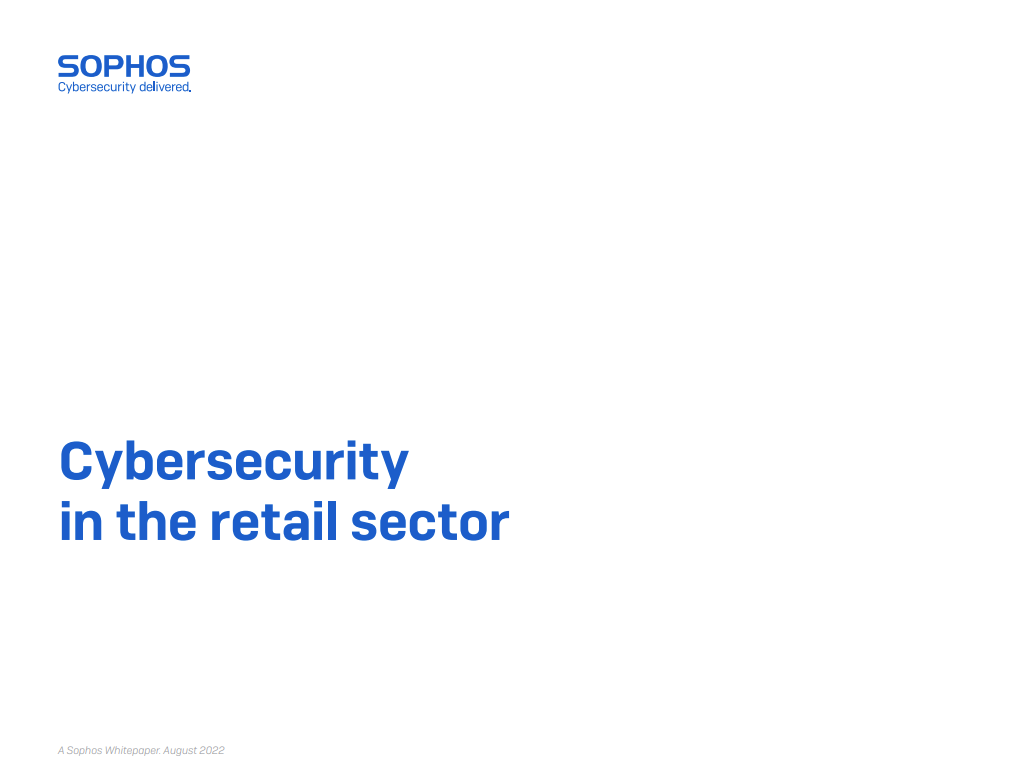Researchers look to retail to predict security threats
Security researchers are creating predictive blacklisting by studying the way retail websites analyse shopping history.

Security researchers are working on predictive blacklisting' to judge what an attacker is going to do next with malware.
The University of California researchers said that they took their inspiration for the technique from a recent competition by US DVD rental service Netflix, which attempted to improve the accuracy of predicting which movies customers would like based on their existing preferences.
This is also used on e-commerce sites like Amazon, which flags up purchases you might be interested in based on your buying history.
Blacklists to forecast malicious sources are also based on past activity, but accurately predicting online activity such as unwanted web content, spam production and phishing sites was a "complex problem", according to the study.
The researchers have been trying to move blacklisting forward by building on work where Google's PageRank algorithm is used to identify the attacks most likely to target victims.
Using a recommendation system, the researchers studied malicious behaviour at the internet protocol (IP) level, which allowed them to predict future malicious activity on the past more effectively, and then construct predictive blacklists for each victim.
The report said: "We exploit both temporal (attack trends) and spatial (similarity of attackers and victims) features of malicious behaviour."
Sign up today and you will receive a free copy of our Future Focus 2025 report - the leading guidance on AI, cybersecurity and other IT challenges as per 700+ senior executives
-
 Supply chain as kill chain
Supply chain as kill chainWhitepaper Security in the era Zero Trust
-
 JD Sports details cyber security revamp following January attack
JD Sports details cyber security revamp following January attackNews It hopes a multi-vendor approach will substantially improve its cyber resilience
-
 Cyber security in the retail sector
Cyber security in the retail sectorWhitepapers Retailers need to ensure their business operations and internal data aren't breached
-
 CronRat Magecart malware uses 31st February date to remain undetected
CronRat Magecart malware uses 31st February date to remain undetectedNews The malware allows for server-side payment skimming that bypasses browser security
-
 How well does your supermarket know you, Mr. Blair?
How well does your supermarket know you, Mr. Blair?Opinion Contributing solutions might be more helpful than making inaccurate comparisons
-
 How to reduce the risk of festive fraud
How to reduce the risk of festive fraudOpinion Retailers are gearing up for Christmas, but so are cybercriminals…
-
 Target guilty of massive $30m data breach
Target guilty of massive $30m data breachNews Retailer found responsible for huge data hack, clearing path for banks to sue

